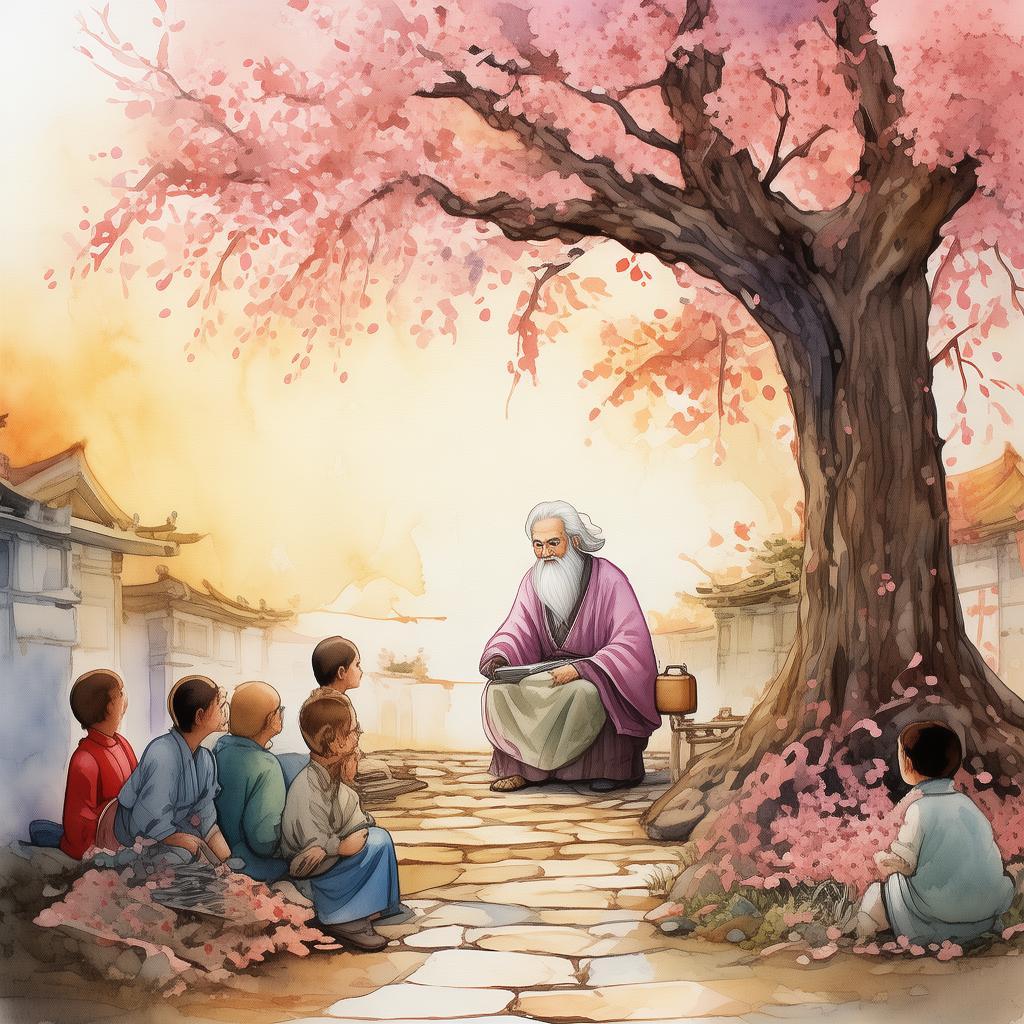The Narcissist's Paradox: Echoes of Self-Deception
In the ancient kingdom of Lumina, there reigned a king named Narcissus, whose name became synonymous with self-admiration. Narcissus was not merely vain; he was a narcissist, a man so consumed by his own beauty and charm that he believed he was the most perfect being in the land.
One day, as Narcissus stood before his grandiose palace, he caught sight of his reflection in a shimmering pond. The image was so perfect, so flawless, that it took his breath away. "This must be the face of a god," he thought, and he fell into a deep reverie, admiring his own image for hours on end.
As days turned into weeks, Narcissus became more and more engrossed in his reflection. He spent all his time gazing at the pond, never once realizing that he was neglecting his kingdom. His subjects grew restless, and whispers of discontent spread throughout the land. Yet Narcissus, ensnared by his own beauty, paid them no mind.
One evening, as the sun dipped below the horizon, casting long shadows over the palace grounds, Narcissus saw something extraordinary in his reflection. The image of the pond began to shimmer, and a voice echoed from within, "You seek the essence of beauty, but it is not to be found in this mirror."
Startled, Narcissus looked around, but no one was there. He returned to the pond, and the voice spoke again, "You mistake your reflection for reality. True beauty lies beyond the surface."
Intrigued, Narcissus delved deeper into the pond, and the voice grew louder, "Your kingdom crumbles as you waste away in admiration. The mirror is a lie, a trap for the vain."

Frightened, Narcissus looked around again, but this time, the image in the pond was not a reflection of himself. It was a distorted, twisted version of him, twisted by his own ego. "This is not me," he whispered, but the voice replied, "This is your true self, trapped in the mirror of your own delusion."
Realization dawned upon Narcissus like a bolt of lightning. He saw the truth: his kingdom was in ruins, his subjects suffering, and all because he had been too absorbed in his own image to notice the world around him. He saw that his vanity had been a barrier, a shield that kept him from facing the real world.
With a newfound sense of purpose, Narcissus emerged from the pond, his reflection now a distorted, twisted version of the vain king he once was. He called for his advisors and subjects, and together, they began to rebuild the kingdom. Narcissus learned to look beyond the surface, to see the beauty in his people, in their struggles, and in their triumphs.
The kingdom of Lumina flourished once more, and Narcissus became a beloved leader, known not for his own beauty but for his wisdom and compassion. He understood the paradox of self-reflection: while it can reveal one's true nature, it can also become a trap for the vain.
The Narcissist's Paradox: Echoes of Self-Deception is a story of transformation, of a man who learns the hard way that true beauty lies beyond the surface, and that the mirror of reality is not a reflection of one's ego, but a window to the world beyond.
✨ Original Statement ✨
All articles published on this website (including but not limited to text, images, videos, and other content) are original or authorized for reposting and are protected by relevant laws. Without the explicit written permission of this website, no individual or organization may copy, modify, repost, or use the content for commercial purposes.
If you need to quote or cooperate, please contact this site for authorization. We reserve the right to pursue legal responsibility for any unauthorized use.
Hereby declared.









